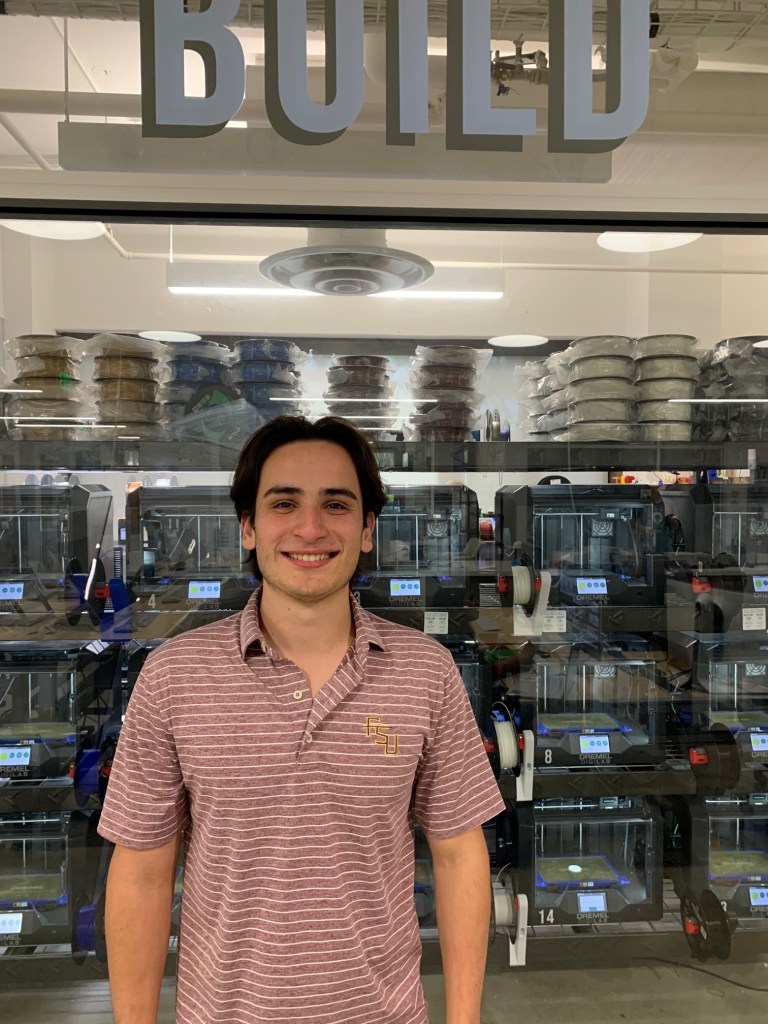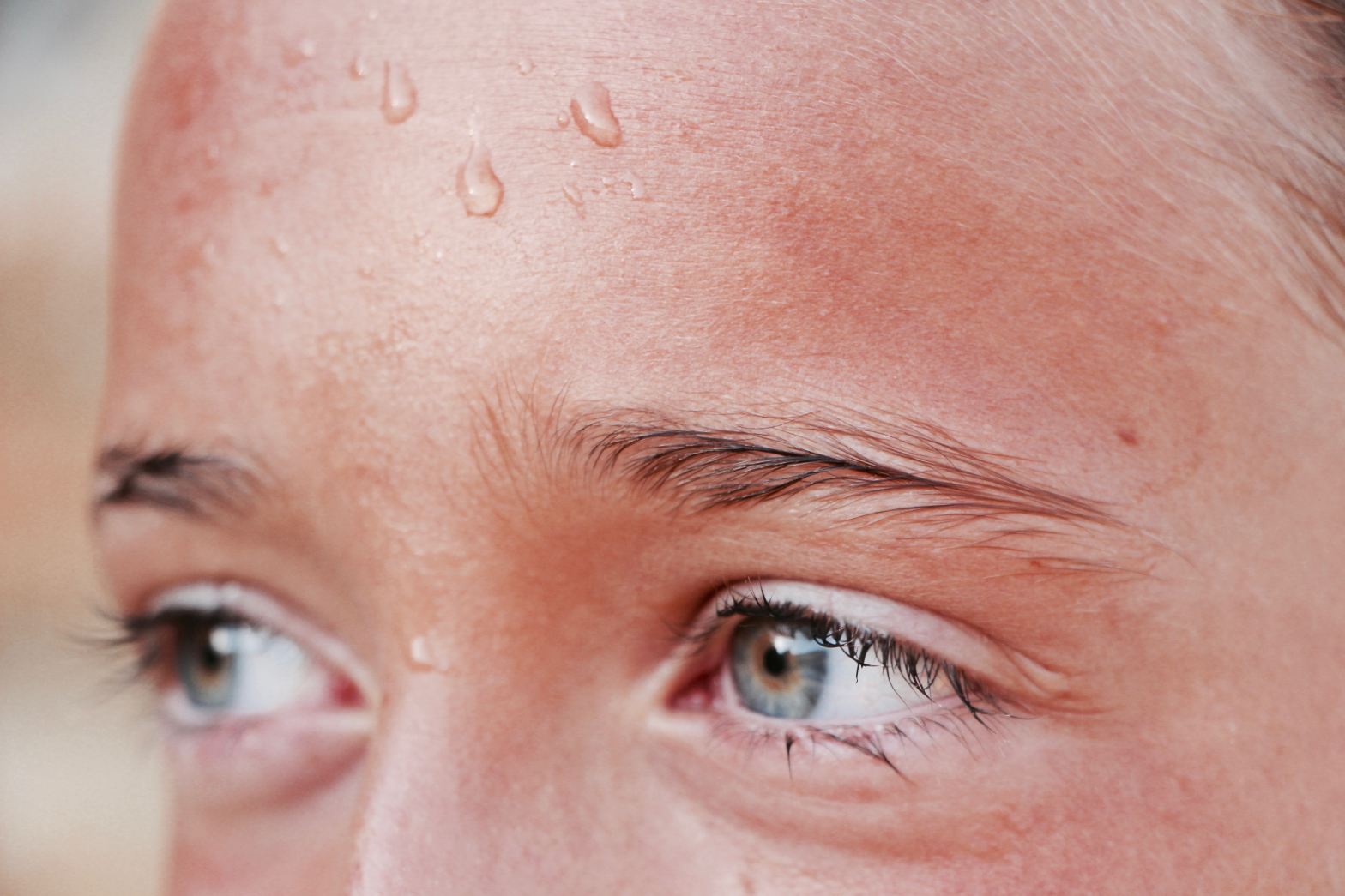“Human Practices is the study of how your work affects the world, and how the world affects your work.” — Peter Carr, Director of Judging
Trimethylaminuria, TMAU for short, is a disease most have not heard of, including us, until about 6 months ago. TMAU is a genetic condition where your body is not able to oxidize TMA, a metabolic by-product, into TMAO. The problem is this buildup of TMA causes patients diagnosed with TMAU to reek of dead fish from every orifice on their bodies. Sweat, tears, saliva, every bodily fluid smells of rotting fish, and nothing can mask the smell.

We are co-leads of the Human Practices (HP) sub team, since the beginning of 2023 we have been studying this rare disease and finding experts who can help explain its causation and symptoms. The iGEM competition asks us to use synthetic biology to address real-world problems and this requires thoughtful engagement with the world. We start all iGEM projects with HP by documenting and engaging with stakeholders who are experiencing or working to mitigate our project problem.
Some of the stakeholders we have contacted include, but are not limited to, Dr. Timothy Wood of Colorado Children’s Hospital, Dr. Ariel Lindner of the Institut national de la santé et de la recherche médicale (INSERM), and Dr. Jake Wintermute of Ginkgo Bioworks. Dr. Wood oversees the only medical facility in the U.S. that is conducting urine analysis test to diagnose TMAU patients. Dr. Lindner and Wintermute had previously conducted research focused on TMAU with a previous iGEM team. From these invaluable resources, our team gathered information that filled in our gaps of knowledge, leading to a more directed transition into the lab.

The saddest part that faces these patients is that the health care system and big pharma has failed them. To better understand the patient’s experience, we spoke with graduate researcher, Jillian Kirk, affiliated with the Children’s Hospital of Colorado, who recently conducted a survey and interviews with people suffering from TMAU. What she told us opened our eyes to how these individuals struggle with TMAU. While it might be common for most people to not know about many rare diseases, most physicians have no prior knowledge of this disease. This leaves these patients stranded in helplessness as there is no relief for their condition. This disease affects all aspects of a person’s life; their health is obviously affected, their social life is halted, and their mental health is typically very poor. The isolation that stems from this disease is hard on those affected as most are bullied out of their jobs and ghosted by friends and family as it is hard to be around someone that smells like rotten fish.

As a result, after conducting extensive research and having a variety of meetings with the individuals mentioned above, our Design sub-team developed a therapeutic route to treat TMAU. This summer, our Build sub-team will spend countless days in the lab developing that therapeutic. Our mission this summer, as the Human Practices sub-team, is to continue to search for answers to unsolved questions about TMAU and the patient experience.
Another goal for our sub-team this summer is to have conversations with members of Florida’s Rare Disease Advisory Council, in addition to state legislators who sponsored the creation of FSU’s new Institute for Pediatric Rare Diseases. We will continue to have discussions with College of Social Work faculty and state government administrators about how TMAU patients may qualify for disability benefits. This is a major goal for our team after hearing various accounts from different TMAU patients who have lost their jobs due to their disease. Not only will disability benefits help these patients economically, but they will finally feel their voices being heard by the medical community.
Featured Image by Hans Reniers on Unsplash

How can we as patients, support this team in a long run?
LikeLike
Hi Juan, thank you for offering your support. Fortunately, the research team has received strong support from Florida State University and we’ve gotten great advice from fellow research scientists. We’ve also been fortunate to learn about the experiences of TMAU sufferers. The team will post updates on our lab and policy work in the coming weeks.
LikeLike
Please please help us tmau sufferers. We are desperate. We are outcasts, shunned by most everyone. To function in daily life is almost unbearable. We need a cure. We need to be able to file for disability. Something, anything.
LikeLike